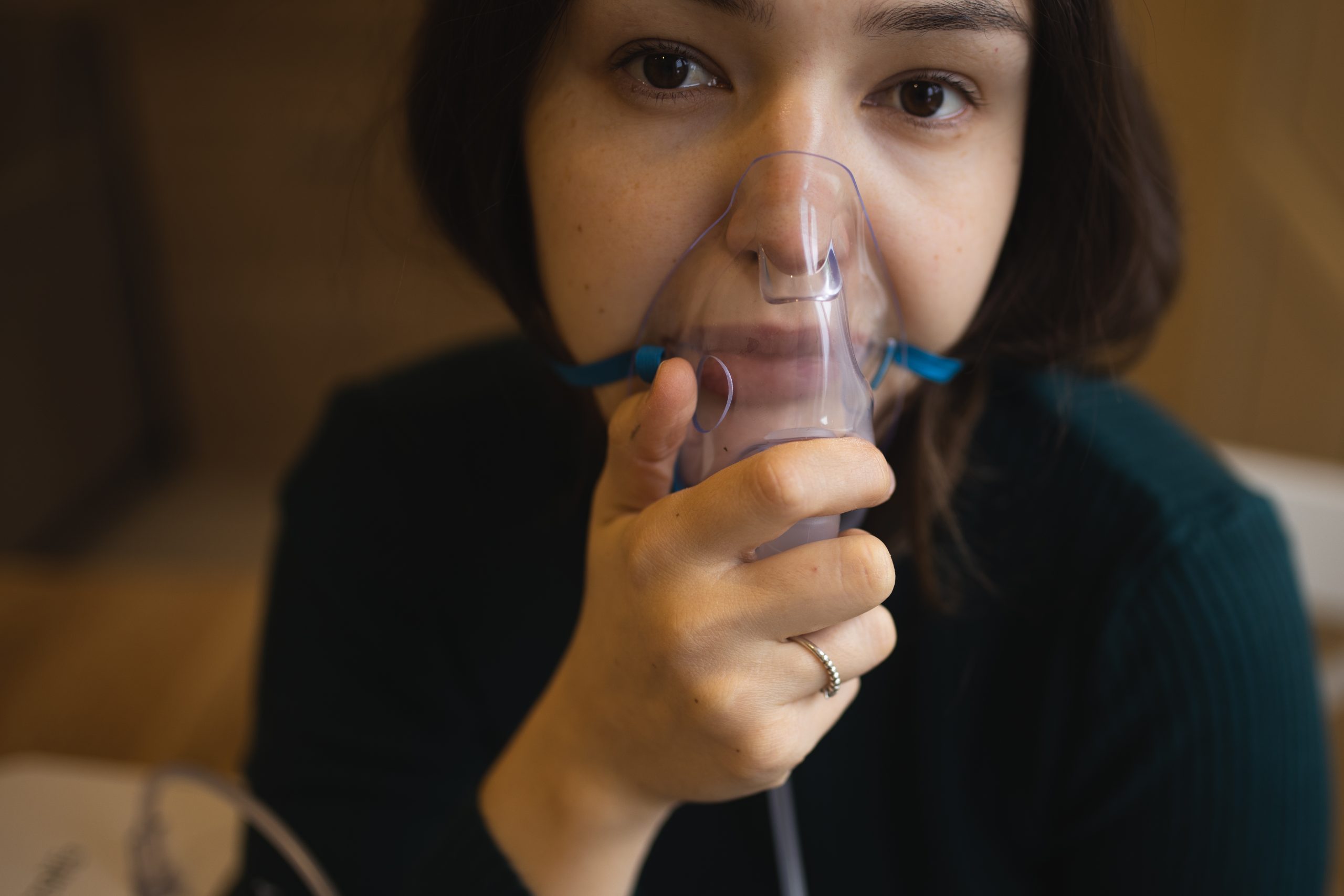Bacterial Pneumonia is a serious bacterial infection of the lungs that can cause severe complications if not treated properly. Common bacterial pneumonia symptoms include: Chest pain, Fever, Chills, Shortness of breath, etc. It is usually caused by bacteria such as Streptococcus pneumonia, Haemophilus influenza, and Chlamydophila.
Bacterial Pneumonia Causes
Bacteria can enter the lungs from another area of the body, such as the mouth or nose, or through inhalation of airborne particles. The causes can vary depending on the type of bacteria involved. Bacterial pneumonia causes may include respiratory illnesses like influenza and bronchitis, smoking, alcohol abuse, weakened immune system due to diseases like HIV/AIDS and cancer treatments, contact with an infected person, living in a crowded environment such as a nursing home or school dormitory, and exposure to certain chemicals.
People who are at increased risk for developing BP include
- Young children between two and five years old
- Older adults over 65
- People with chronic conditions like diabetes or heart disease
- Smokers
- People with suppressed immune systems due to HIV/AIDS
- Cancer treatments
- Long-term steroid use
- People living in overcrowded or unhygienic environments.
It is essential to be aware of the risk factors for the disease so that you can take preventive measures against contracting it, including avoiding contact with those who are ill and getting vaccinated for the common causes of BP. Additionally, maintaining good hygiene and healthy lifestyle habits can help reduce your chances of developing them. If you believe you are at risk, consult your doctor immediately for further advice and treatment options.

Bacterial Pneumonia Symptoms
Common bacterial pneumonia symptoms include:
- Chest pain,
- Fever,
- Chills,
- Shortness of breath,
- Coughing up mucus or blood,
- Fatigue,
- Feeling of tightness in the chest
- Joint and muscle aches
- Nausea or vomiting
- Diarrhea
- Confusion
- Rapid breathing
- Difficulty speaking or understanding speech
- Increased heart rate.
If you have any of these signs or symptoms of BP, you must contact your doctor immediately for further advice and treatment options. The earlier BP is diagnosed and treated, the better the chances are for complete recovery if untreated BP may lead to severe complications.
Diagnosing Bacterial Pneumonia and Complications
To diagnose bacterial Pneumonia, your doctor will ask about your medical history and perform a physical exam. Diagnostic tests such as chest x-rays, sputum cultures, blood tests, and CT scans may also confirm the diagnosis. Treatment for BP varies depending on the type of bacteria present and the severity of the infection. In most cases, antibiotics are prescribed to fight the disease.
If left untreated or treated improperly, BP can lead to severe complications such as:
- Inflammation of the lungs (pneumonitis): This may lead to a severe decrease in oxygen levels and cause rapid breathing.
- Respiratory failure: This can be caused by a lack of oxygen in the lungs or fluid buildup around them. It is potentially fatal if not treated promptly.
- Septic shock occurs when bacteria enter the bloodstream, leading to organ failure and low blood pressure.
- Abscesses are collections of pus that form inside the lung tissue due to bacterial infection. If left untreated, they can become life-threatening and require surgery to remove them.
- Death in severe cases.
It is essential to follow your doctor’s advice and take all medication as prescribed to avoid these complications.
Treating and Preventing Bacterial Pneumonia
Treating bacterial Pneumonia typically involves prescription antibiotics and, in some cases, hospitalization.
Fortunately, there are steps you can take to reduce your risk of developing bacterial Pneumonia. These include:
- Getting vaccinated against common causes of BP, such as influenza and pneumococcal infections.
- Maintaining good hygiene practices.
- Avoiding contact with those who are ill.
- Quitting smoking and reducing alcohol consumption.
- Eating a healthy diet and exercising regularly strengthen your immune system.
These simple tips can help protect yourself from this potentially severe respiratory infection. If you believe you are at risk for BP or have any symptoms, you must contact your doctor immediately for further advice and treatment options. With prompt diagnosis and treatment, the chances of a full recovery are greatly improved.


